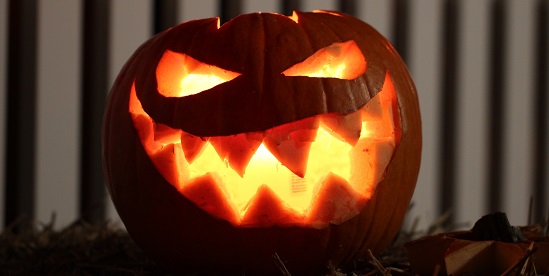Deakin consumer expert says cynics should get behind Halloween
Media releaseA Deakin University consumer behaviour expert has weighed into the debate on whether Halloween should be celebrated in Australia, arguing the popular American holiday is a positive aspect of our tradition of "borrowing" rituals from other cultures.
Deakin Business School researcher Dr Paul Harrison said hostility to Halloween was often a "knee-jerk" reaction among some Australians, who could instead focus on the positive aspects of the festival, which had roots in Celtic nations before it was popularised (and commercialised) in the United States.
"Yes, Halloween as it is celebrated now is a product of US culture, but should that matter?" Dr Harrison said.
"This is families gathering, children spending time together and going outside - what's wrong with that? You can be cynical or you can look at the positives and embrace how it’s really quite a nice thing."
Dr Harrison said there may a perception that the US was "taking over Australia with their marketing" but Halloween was simply yet another example of our country adopting an imported cultural ritual.
"As human beings, we look for rituals, we look for community through the things we do, and as other community rituals and institutions such as churches or strong familial and neighbourhood linkages break down we look for ways to replace that," he said.
"We have a strong history of adopting all sorts of rituals from other countries and cultures, so why would Halloween be any different to any other element of culture that we borrow from overseas? It's not a matter of whether it will ever catch on in Australia anymore - I think it has caught on entirely."
Dr Harrison said the real issue Halloween cynics should be concerned with is the way in which commercialisation of the event could start to become exclusionary.
"You can still do Halloween, but you don't need to buy Halloween - the thing to be cynical about is when the community element is taken over by the commercial element," he said.
"The danger is if what can be viewed as a grassroots ritual becomes so commercialised with expensive costumes and decorations that it starts to have social ramifications.
"If families and children from lower socio-economic groups are excluded from taking part to the same degree because they can't afford to participate, that's when we should be concerned."

